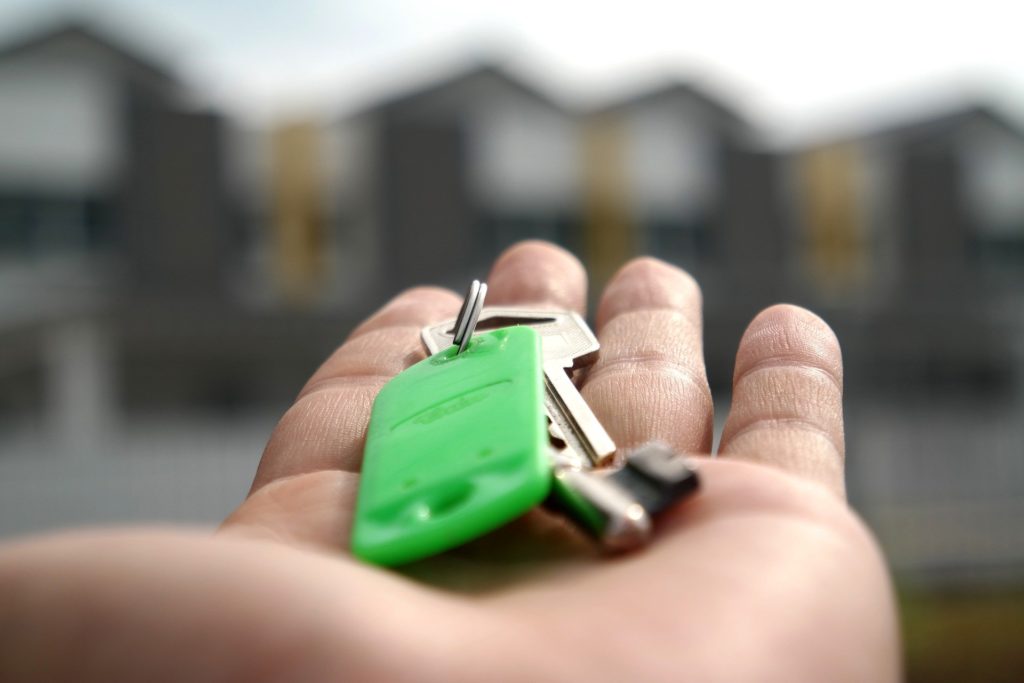Straightforward And Complex
The term “earnest money” is one that seems complicated and straightforward simultaneously. However, don’t get confused; it’s basically what it sounds like. When someone is about to buy a property, if they are “in earnest”, then they are “serious” about it. They truly intend to consider or purchase a given property. However, a serious, earnest approach isn’t a guaranteed sale.
Essentially, “earnest money” is sort of like a time-sensitive hold fee. It protects the interest of buyers and sellers. Say you’re in hot real estate market where multiple potential buyers are looking at a property. Say you give it a once-over, and find it suits your needs; however, there are half a dozen other properties you haven’t seen yet, and you want to make sure this is the right one.
In that scenario, you talk to the realtor. They may or may not require an “earnest money” deposit, or even have an “option period”; but in a hot market, this is a good bet. Now the seller may also not be a realtor—in fact when it comes to “earnest money”, this is sometimes the case. Essentially, you pay sellers a sum to keep from selling the house to other buyers.

Mutual Assurance
The seller is assured that you are “in earnest”, and are seriously considering the house. And you are assured that some other buyer won’t take a tour of the property right after you do, and buy it out from under you. In this way earnest money acts as a protection for everyone involved in the transaction. This link on earnest money has more details, such as how high such deposits are.
The size of an earnest money deposit will differ. Usually it’s going to be between $500 and $5,000, depending on the market where the home is. Hot markets have higher earnest deposits, because there’s a higher chance of a quick transaction for the seller. Sometimes an earnest deposit is required at a much higher threshold, sometimes not at all.

Buyer And Seller Protection
If you’re in the market for a new property, it’s wise to have some level of resources available should the need for an earnest money deposit arise. Varying home offers may stipulate earnest money deposit amounts, and the period for which an earnest money deposit reserves the property—this is called the “option period”; during which time the price may be adjusted, or the money refunded should the property fail inspection.
Expect sellers to include your deposit in the final price of a property; it’s acting like a small down payment. There is also this angle: an earnest deposit doesn’t mean you have to buy the property.
Accordingly, if you find a better one after the fact, you can just let that money go and accept the better deal. So to summarize: an earnest deposit is a monetary signal indicating your professional seriousness in the consideration of a property. This protects buyers and sellers.
Note for all the workoholics: Even you can also enjoy some free movies and TV shows at the Pubfilm when you get free time from your work.














